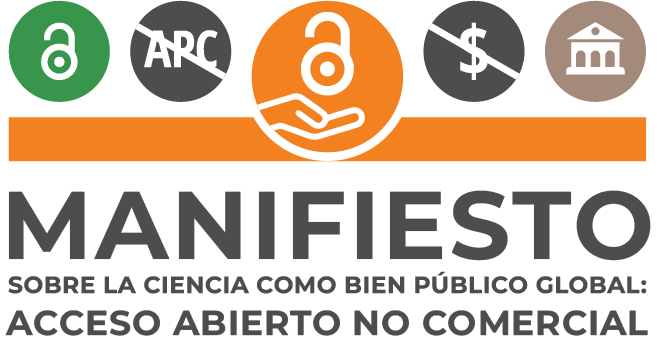CALL FOR PAPERS YUYAY Vol.4 #2 (last days)
Media Literacy in the Digital Age: Multidisciplinary Approaches in Education
In today’s digital era, media literacy has emerged as an essential skill for effective and critical participation in society. The convergence of traditional and digital media has transformed how information is produced, distributed, and consumed, creating the need for educational approaches that address these complex dynamics.
YUYAY: Educational Strategies, Methodologies & Didactics welcomes 2025 with a coordinated proposal from Mexico and Ecuador.
The theme of this issue is: Media Literacy in the Digital Age: Multidisciplinary Approaches from Education. The issue will be published mainly in English with options in Spanish, Portuguese, and French. It is coordinated by Maricela Páez Gerardo (????????) of the Secretariat of Public Education: Mexico City, Mexico. | https://ror.org/02e1c4h55, https://orcid.org/0009-0003-8951-6758 & Rodolfo Silva Jurado (????????) from Universidad Tecnológica Ecotec | https://ror.org/04pe1sa24, https://orcid.org/0000-0001-6488-8895
YUYAY is included in accredited indexes such as CLASE-Biblat and Master List Index Copernicus.
It is also indexed in Dialnet (University of La Rioja) and REBIUN: https://dialnet.unirioja.es/servlet/revista?codigo=28785 among 40 other repositories and university libraries in Europe and the United States.





























